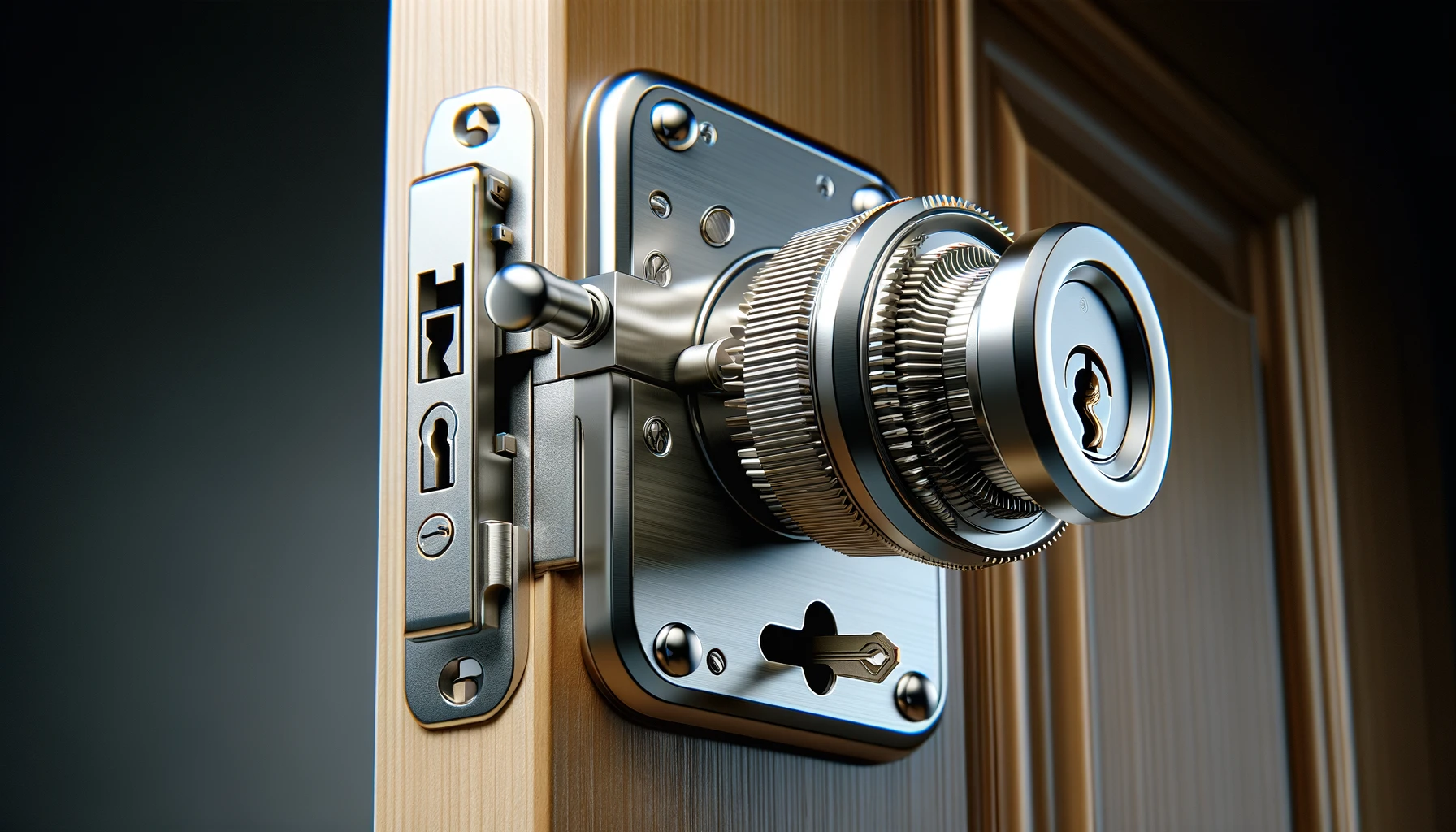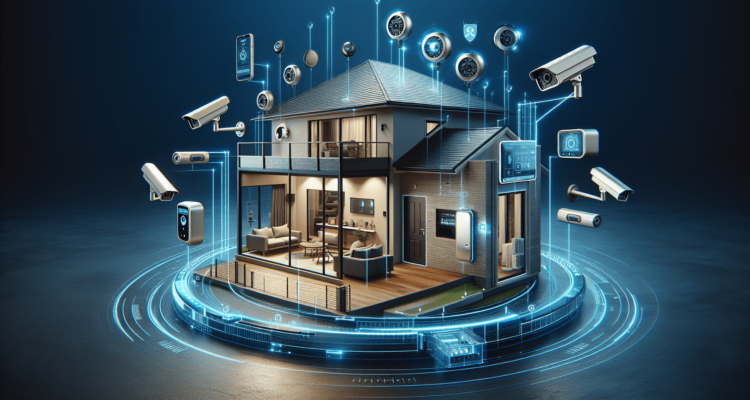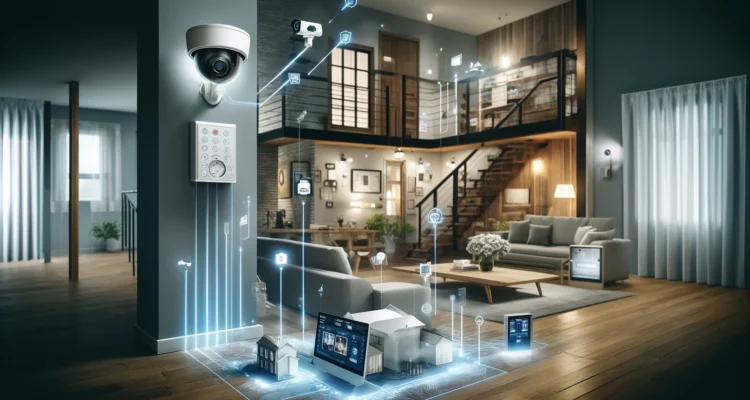How To Choose The Best Lock For Your Needs
Understanding Different Types of Locks
When you’re trying to boost your home security, it’s essential to start with the basics, and that means understanding the different types of locks that can secure your doors, windows, and valuables. Let’s delve into this a bit.
Mechanical locks vs. Electronic locks
Mechanical locks have been around for centuries, offering traditional key access and requiring physical interaction to unlock. On the other hand, electronic locks represent the modern approach with options like keypads, card access, or even biometric systems that recognize fingerprints or facial features. Choosing between the two often depends on your comfort with technology and the specific needs of your space.
Deadbolts, padlocks, knob locks, and lever handle locks
Deadbolts are a favorite for external doors due to their strength. Padlocks are versatile and portable, ideal for lockers or gates. Knob locks, though common, offer less security and are generally used for internal doors. Lever handle locks provide ease of use, which makes them suitable for locations that require accessibility.
Smart locks and their features
Smart locks take electronic locks further by connecting to your home network, allowing you to control access remotely via a smartphone app. Features can include entry logs, temporary codes for guests, and integration with home automation systems for scenarios like unlocking the door when a fire alarm goes off.
Specialty locks for specific uses (bikes, lockers, etc.)
Different situations demand different locks. For instance, bike locks might feature hardened materials and designs that resist cutting or breaking. Lockers often use combination padlocks for ease of use without the need to carry keys. Each specialty lock is designed with its unique application in mind.
Assessing Your Security Needs
Enhancing your home security begins with a thorough assessment of your property’s specific requirements.
Evaluating the level of security required for different entrances
Your front door, being the primary entry point, will need a more robust locking mechanism like a deadbolt or a smart lock. However, interior or less accessible doors might only require a simple knob or lever handle lock.
Understanding high traffic areas vs. lower risk areas
High traffic areas might benefit from locks that can handle a high volume of use without wearing down, such as heavy-duty deadbolts or lever locks. Lower risk areas, like interior doors or windows that aren’t easily accessible from outside, may not need such high levels of security.
Considering additional security measures beyond locks
Beyond locks, consider measures like security cameras, motion sensors, or reinforced door frames to fortify your home against intrusions. Each layer of security acts as a deterrent, making your home a harder target for opportunistic criminals.
Lock Grades and What They Mean
The American National Standards Institute (ANSI) and Builders Hardware Manufacturers Association (BHMA) have established grading systems for locks to help you understand their durability and security level.
Explanation of ANSI/BHMA lock grades
Locks are graded from 1 to 3, with Grade 1 being the highest level, offering the utmost durability and security, suitable for commercial settings. Grade 2 provides mid-level security, great for residential use, and Grade 3 which meets basic needs.
How lock grades affect durability and security
Higher-grade locks are designed to withstand more use and abuse, offering features like stronger bolt construction and longer lifespan. For exterior doors, a Grade 1 or 2 lock is advisable to ensure a higher security level.
Choosing the right lock grade for your needs
Reflect on the lock’s location and the level of security you’re comfortable with. External doors always merit higher-grade locks, while internal doors may only require basic security.
Key Control and Management
Key control is a fundamental aspect of security that prevents unauthorized key duplication and access.
Importance of key control in security
Managing who has access to your premises and ensuring that lost keys don’t compromise security is crucial. A robust key control system can significantly enhance your overall security posture.
Options for keyless entry
Keyless systems, like electronic locks or smart locks, eliminate the need for physical keys, erasing the risk of lost keys and making it easier to change access rights instantly.
Managing keys for multiple users
For systems that still use physical keys, consider lock systems that come with patented keys which cannot be duplicated without proper authorization. For electronic systems, ensure you can easily add or revoke access rights for individuals.
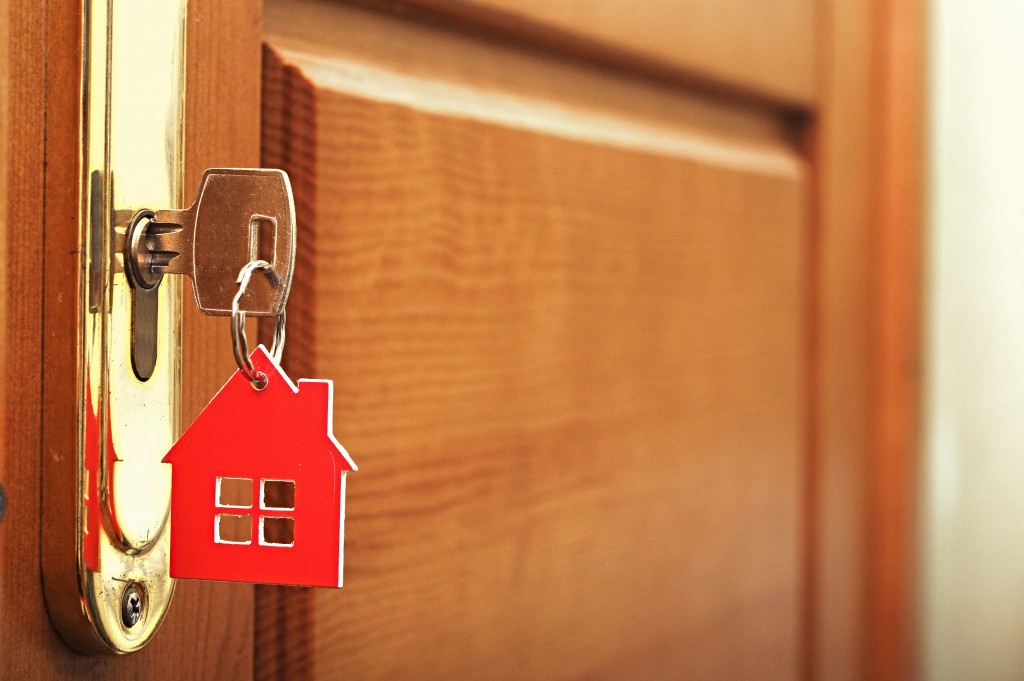
This image is property of theearthawards.org.
The Role of Smart Technology in Locks
Smart technology has revolutionized the way we think about lock security, offering both convenience and enhanced protective measures.
Features and benefits of smart locks
With features like remote access, temporary codes, and integration with other smart home devices, smart locks offer unparalleled convenience and control over your home’s security.
Compatibility with home automation systems
Many smart locks work seamlessly with home automation systems, allowing you to set routines or control them through voice commands, enhancing both your security and lifestyle.
Considering privacy and hacking concerns
While smart locks offer numerous benefits, it’s essential to consider potential privacy and security risks, such as hacking. Opt for locks with strong encryption and regular software updates to mitigate these issues.
Installation Considerations
When upgrading your locks, consider whether you’re up for a DIY project or if professional installation is the way to go.
DIY vs. Professional installation
Some lock installations, especially mechanical ones, can be straightforward and within the capability of a handy homeowner. However, smart locks or higher-grade locks might require professional installation to ensure optimal function and security.
Tools and skills required for installation
Ensure you have the necessary tools and understand the installation process, whether drilling new holes or wiring electronic components.
Maintenance and troubleshooting common issues
Regular maintenance can extend the life of your locks and reduce the likelihood of malfunction. Familiarize yourself with common issues like jamming or battery replacement for electronic locks, and know when to call in a professional.
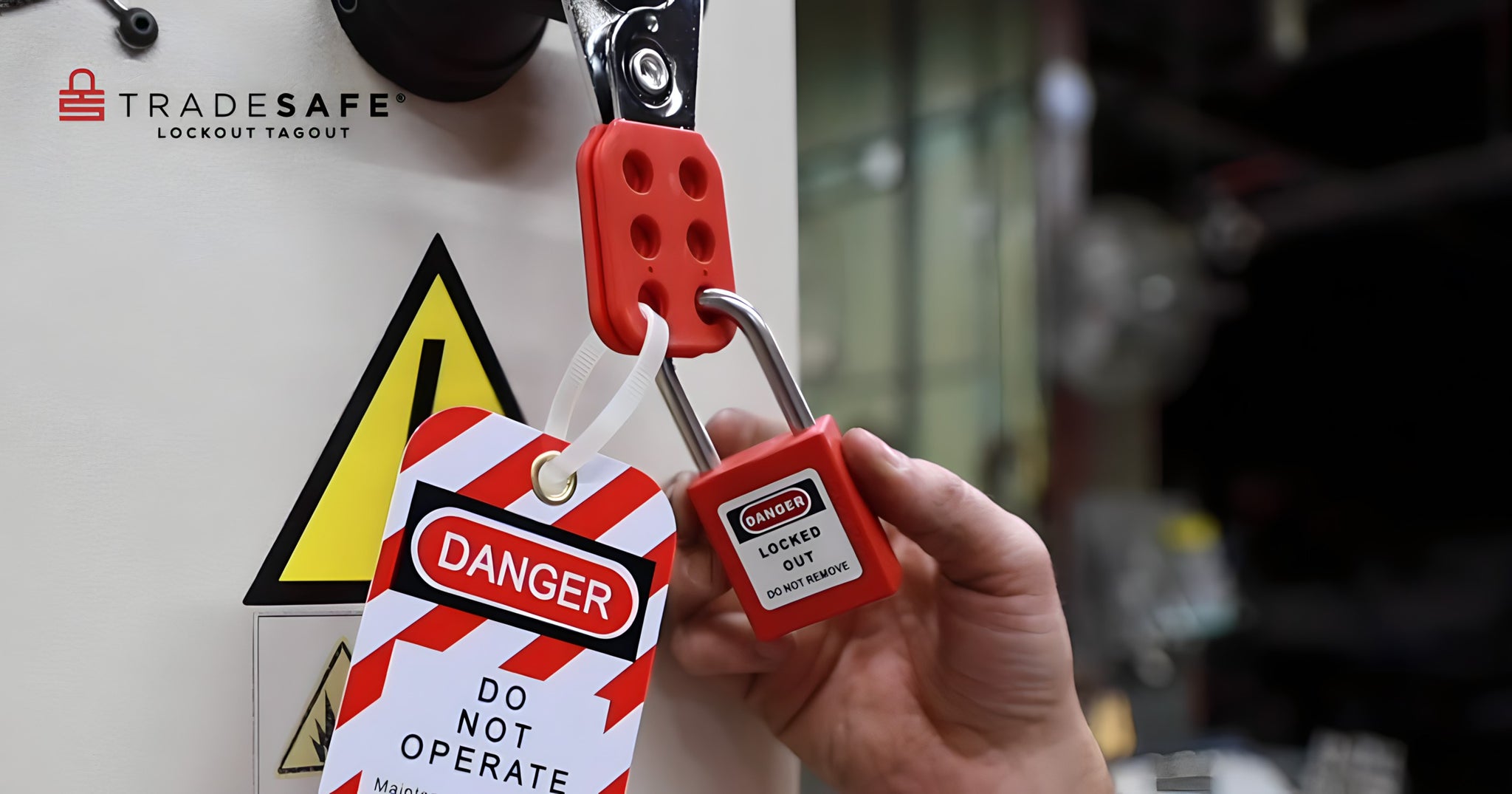
This image is property of cdn.shopify.com.
Cost vs. Security: Finding the Balance
Securing your home is an investment, but it doesn’t have to break the bank.
Budgeting for a high-quality lock
Determine what you’re able to spend and compare it with the level of security you need. Sometimes, spending a bit more upfront can save you from potential losses in the future.
Understanding the long-term value of security investments
Investing in high-quality locks or a smart lock system can offer peace of mind and potential savings on things like insurance premiums, not to mention the invaluable benefit of keeping your loved ones safe.
Comparing prices and features of different locks
Research and compare different locks within your budget range, looking at features, reliability, and user reviews to find the best option for your needs.
Evaluating Lock Brands and Manufacturers
The reliability of your lock significantly depends on the manufacturer’s reputation and quality standards.
Reputation and reliability of lock brands
Look for brands with a strong reputation for quality and reliability. Well-established brands often have a track record of security and durability.
Warranties and customer service
Consider the warranty offered. A longer warranty period can indicate the manufacturer’s confidence in their product. Additionally, responsive and helpful customer service can be invaluable if you encounter issues.
User reviews and expert recommendations
Reading user reviews and seeking expert recommendations can provide insight into the real-world performance and reliability of locks, helping you make a well-informed decision
This image is property of southindiaagencies.com.
Enhancing Security with Additional Measures
Locks are just one part of a comprehensive home security system.
Utilizing lock accessories and enhancements
Consider using reinforced strike plates or anti-bump keys as added security layers. Such enhancements can significantly improve your lock’s resilience against forced entry.
Integrating locks with security systems
Connecting your locks with a wider security system can offer more robust protection. For instance, a system that locks doors automatically when a security alarm is set can add an extra level of safety.
Physical barriers and environmental design for security
Beyond locks, consider the overall security of your environment. Things like secure windows, lighting, and even landscaping can deter would-be intruders and contribute to a safer home.
Future-Proofing Your Lock Selection
As technology and security threats evolve, so should your approach to securing your home.
Considering evolving technology and security trends
Stay informed about the latest in lock technology and security practices. This knowledge can help you make proactive decisions about upgrades or changes to keep your home secure.
Planning for upgrades and system compatibility
Choose locks and systems that offer scalability or compatibility with future upgrades. This foresight can save you from the need for a complete overhaul as your security needs change.
Staying informed about security innovations
Finally, keep an eye on innovations in the security field. Advancements in technology could provide new methods to protect your home, offering more convenience and peace of mind.
Selecting the right lock for your needs can seem daunting, but by understanding the options available and assessing your specific security requirements, you can make an informed decision that balances cost, convenience, and safety. Remember, the goal is not just to protect your possessions but to create a safe and welcoming environment for you and your loved ones.

